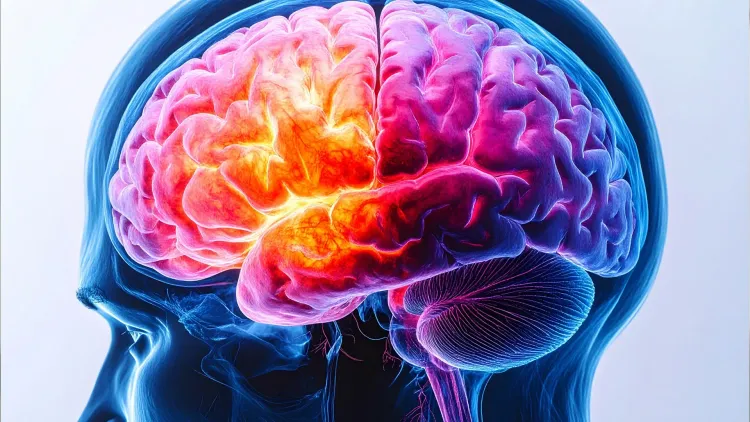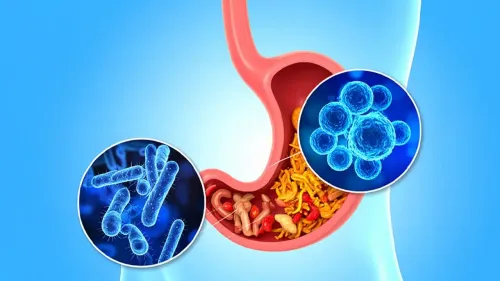What Are the Eight New Genes Linked to Schizophrenia?

Synopsis
Key Takeaways
- Identification of eight new genes linked to schizophrenia.
- Study reveals genetic connections to other neurodevelopmental disorders.
- Research indicates the role of DNA organization and neurotransmitter communication.
- Hope for future therapies based on genetic findings.
- Essential collaboration among international researchers.
New Delhi, Aug 16 (NationPress) Researchers in the UK have identified eight novel genes linked to schizophrenia, marking a significant advancement in understanding and developing treatments for this serious mental health condition.
Schizophrenia has profound effects on an individual's thoughts, emotions, and behaviors, leading to various symptoms such as hallucinations, delusions, disorganized thinking, and behavioral changes.
In this groundbreaking study, scientists at the Centre for Neuropsychiatric Genetics and Genomics (CNGG) at Cardiff University concentrated on identifying rare, impactful mutations in protein-coding genes that are notably more prevalent in individuals with schizophrenia.
The research, published in Nature Communications, pinpointed two genes, STAG1 and ZNF136, that demonstrated a strong genetic correlation with schizophrenia.
Additionally, six more genes, including SLC6A1, KLC1, PCLO, ZMYND11, BSCL2, and CGREF, showed moderate evidence of association.
The findings revealed that SLC6A1 and KLC1 are the first schizophrenia risk genes solely linked through missense variants, a specific type of mutation that modifies the amino acid sequence in proteins.
Dr. Sophie Chick, a doctoral student at Cardiff University, stated, "These findings provide valuable insights, suggesting that schizophrenia may be associated with alterations in the organization of DNA within cells and disruptions in how brain cells communicate via a neurotransmitter known as GABA."
Dr. Chick further emphasized, "This research enhances our comprehension of the intricate neurobiology underlying schizophrenia and brings us closer to advancing drug discovery and improving treatment options."
The international study evaluated genetic data from 28,898 individuals diagnosed with schizophrenia, alongside 103,041 without the disorder, and 3,444 families affected by it.
This research also reinforces the notion of shared genetic origins between schizophrenia and other neurodevelopmental disorders.
Among the newly identified genes, STAG1, SLC6A1, ZMYND11, and CGREF1 have previously been connected to conditions like autism, epilepsy, and developmental delays.
Lead author Dr. Elliott Rees from Cardiff University School of Medicine remarked, "While it has long been recognized that rare genetic variants contribute to schizophrenia, pinpointing specific genes related to these mutations has posed a significant challenge.”
Although translating these genetic findings into practical treatments is a long-term aspiration, the results present new optimism for directing drug development and creating targeted therapies in the future.









